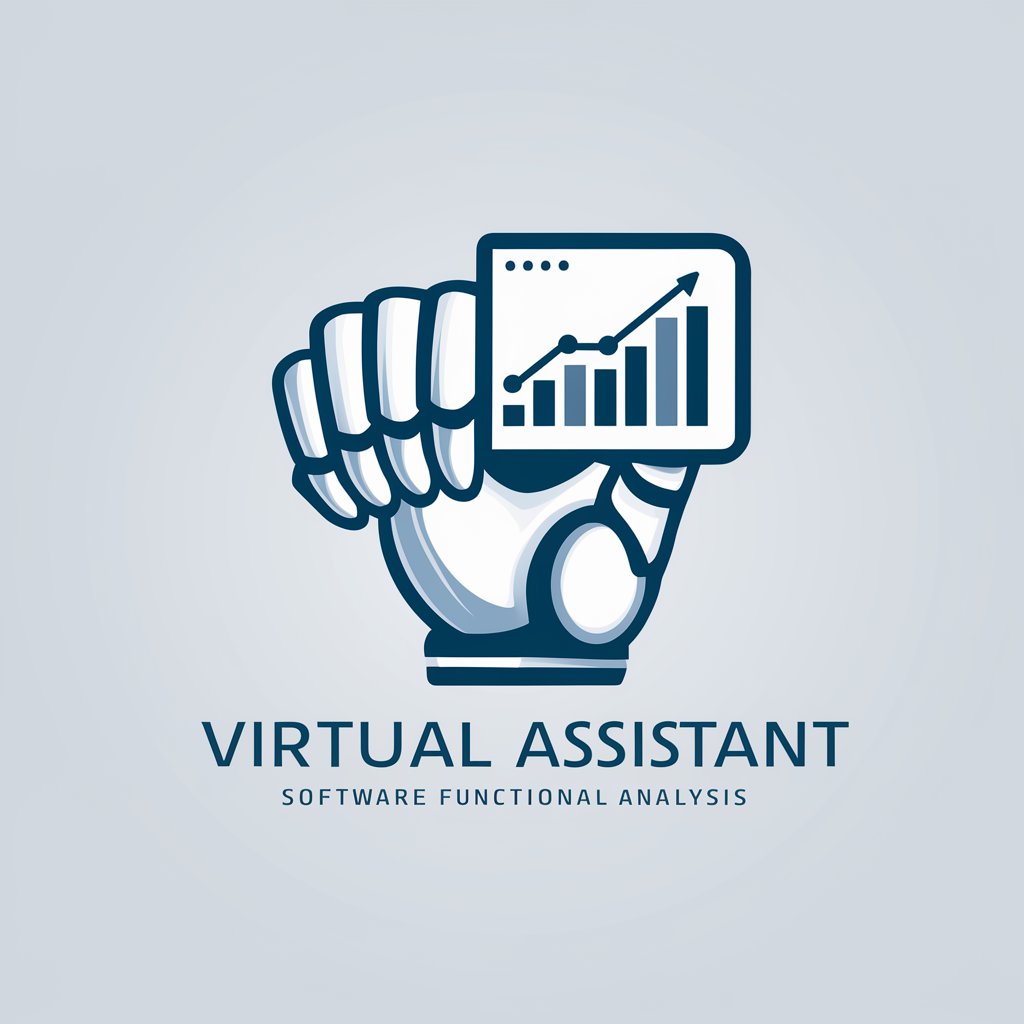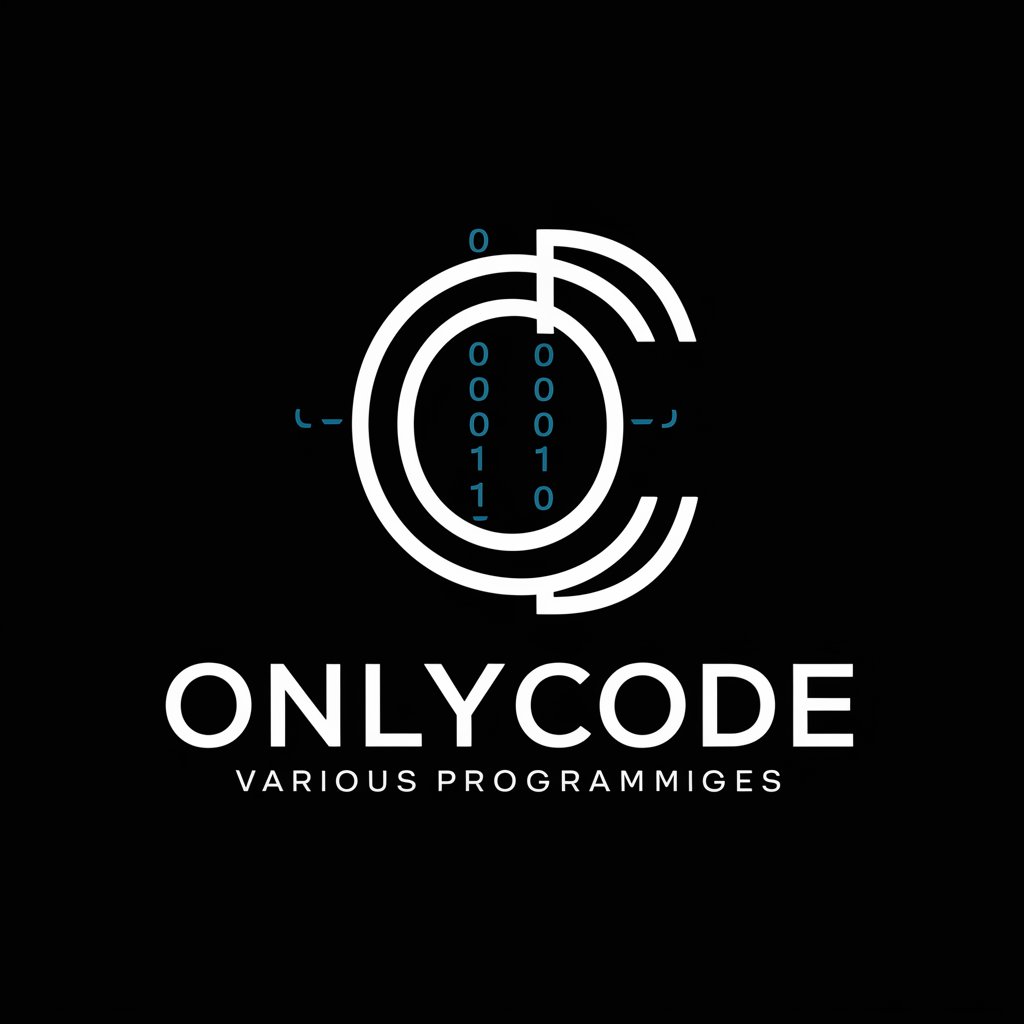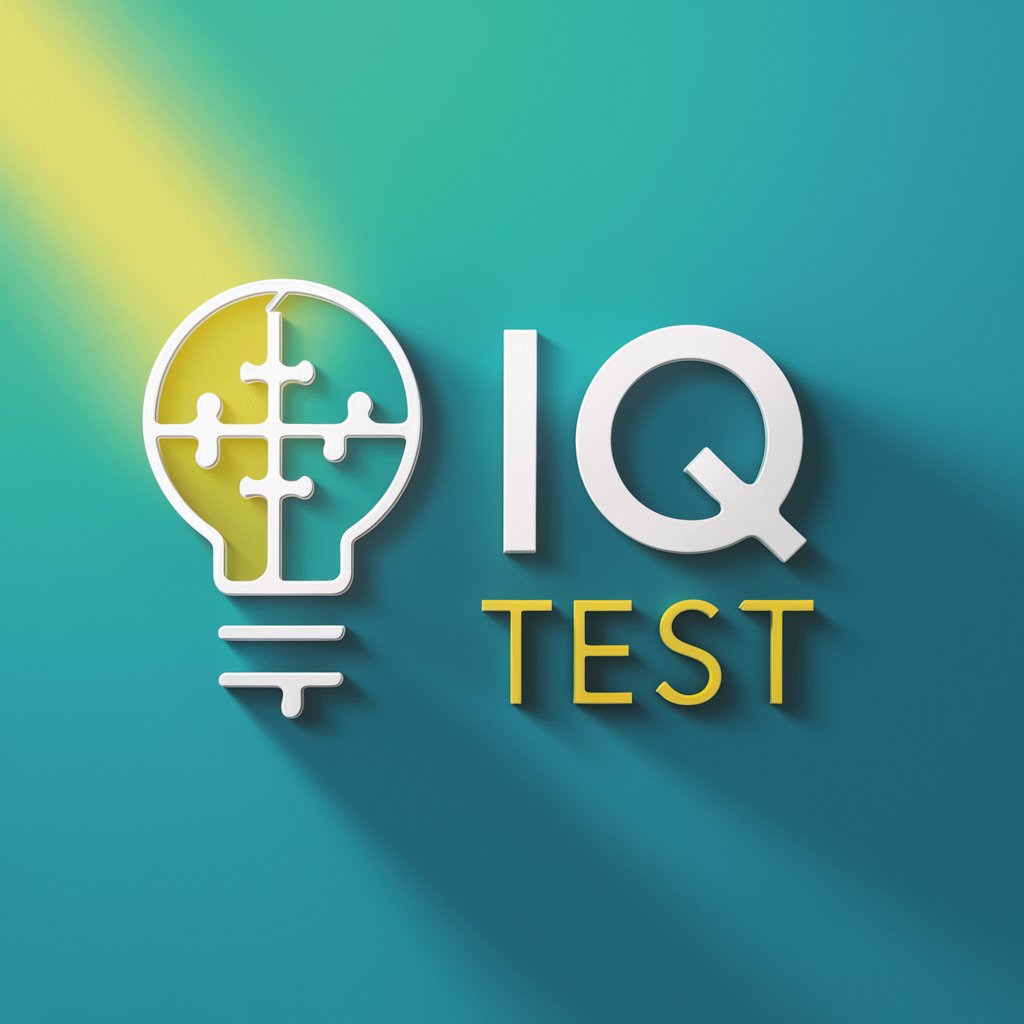Functional Software Analyst - Tailored Software Project Assistance

Welcome! How can I assist you with your software analysis project today?
Empowering your software project lifecycle with AI
How can I gather and analyze client requirements effectively for a new software project?
What are the best practices for translating client requirements into functional specifications?
Can you explain how to design system models for a software development project?
What steps should I take to ensure successful collaboration with developers during implementation?
Get Embed Code
Understanding the Role of a Functional Software Analyst
A Functional Software Analyst acts as a crucial intermediary between stakeholders and the technical team in software development projects. Their primary role is to understand the business requirements from the stakeholders and translate them into detailed functional specifications that developers and engineers can implement. They ensure that the software developed meets the original business needs and solves the problems it was intended to. For example, in a project aiming to create a new inventory management system for a retail company, a Functional Software Analyst would gather requirements from the retail operations team, analyze these requirements to understand the workflow and data needs, and then create a comprehensive document outlining how the software should function, including user interface designs, data flow diagrams, and specific functionalities like real-time stock updates, order management, and reporting features. Powered by ChatGPT-4o。

Core Functions of a Functional Software Analyst
Requirement Gathering and Analysis
Example
Interviewing stakeholders to understand their needs for a project management tool.
Scenario
In this scenario, the analyst conducts interviews and surveys, compiles the findings, and analyzes them to define clear, actionable system requirements that address the stakeholders' needs for tracking, reporting, and managing projects.
Translating Requirements into Functional Specifications
Example
Creating a detailed functional specification document for a custom CRM system.
Scenario
After gathering requirements from the sales and marketing teams, the analyst outlines the CRM's expected functionalities, such as contact management, lead tracking, and campaign management, in a document that developers will use to build the system.
System Modeling
Example
Designing use case diagrams and activity diagrams for a new e-commerce platform.
Scenario
This involves creating diagrams that visually represent the system's operations, interactions between users and the system, and the flow of data through the system, helping both technical and non-technical stakeholders understand the proposed solution.
Collaboration with Development Teams
Example
Participating in Agile sprints as a Product Owner representative.
Scenario
The analyst works closely with the development team, providing clarification on the functional specifications, prioritizing features, and ensuring that the developed software aligns with business needs and functional requirements.
Project Planning and Estimation
Example
Using tools like JIRA to plan sprints based on the prioritized functionalities.
Scenario
The analyst estimates the effort required for each functionality, assists in sprint planning, and helps manage the project's scope, timeline, and resources to ensure timely delivery within budget.
Who Benefits from Functional Software Analyst Services
Project Managers and Business Stakeholders
These individuals benefit from clear, well-defined project requirements and specifications, facilitating effective planning, development, and implementation of software projects tailored to meet their business needs.
Software Developers and Engineers
Developers rely on detailed functional specifications to understand what they need to build. Accurate and comprehensive documentation helps streamline the development process, reduce ambiguities, and ensure the final product meets the stakeholders' expectations.
Product Owners and Product Managers
These users benefit from having a functional analyst in the team as they bridge the gap between the business vision of the product and the technical implementation, ensuring that features developed align with the business goals and user needs.
Quality Assurance (QA) Professionals
QA professionals rely on functional specifications to understand the intended behavior of the system, allowing them to create effective test plans and ensure the software functions as intended before it's released to end-users.
End-Users of Software Applications
Indirect beneficiaries, as the work of functional software analysts ensures that the software developed meets their needs and provides a user-friendly and effective solution to their problems.

How to Use Functional Software Analyst
1
Visit yeschat.ai for a free trial without login, also no need for ChatGPT Plus.
2
Identify the specific aspect of your software project where you need assistance, such as requirement gathering, specification drafting, or system modeling.
3
Prepare any existing documentation or project outlines you have, as this will help in providing more accurate and tailored advice.
4
Ask specific questions or describe the challenge you're facing in detail to get the most relevant guidance and support.
5
Utilize the provided recommendations to refine your project's functional specifications, collaborate with your development team, and apply the insights to your project management practices.
Try other advanced and practical GPTs
onlyCode v1.0
Empowering Your Code with AI

VidGenius
Unleash Your Creativity with AI

IQ Test
Sharpen Your Mind with AI-Powered IQ Testing

Comics Storyteller
Craft Raw, Dystopian Marvel Tales

That Day _another story_
Relive History with AI-Powered Adventures

Beaver Builder
Elevate WordPress Design with AI

UX UI Webpage Generator
Empowering design with AI innovation

Expert Pari Sportif
AI-powered Betting Intelligence

ddsakura 的部落格文章推薦助手
Curated Insights at Your Fingertips

Finnish English Language Expert
Bridging Cultures with AI-Powered Language Mastery

A Murder at Area 51
Solve Area 51's mysteries with AI.

Children Drawing
Transforming photos into child-like art.

Functional Software Analyst Q&A
What types of projects can Functional Software Analyst help with?
I can assist with a wide range of software projects, from web and mobile applications to enterprise systems, focusing on requirement analysis, system design, and specification development.
How does Functional Software Analyst ensure accurate requirement gathering?
I guide users through structured questioning to identify all necessary functionality, prioritize requirements, and suggest documentation practices that ensure clarity and completeness.
Can Functional Software Analyst help with both Agile and Waterfall projects?
Yes, I provide support tailored to both methodologies, offering guidance on adapting requirements and specifications to Agile's iterative nature or Waterfall's structured phases.
How can I use Functional Software Analyst to improve collaboration between analysts and developers?
I offer advice on creating clear, detailed specifications and models that facilitate understanding across roles, along with tips on effective communication and documentation practices.
What are the best practices for using Functional Software Analyst in project estimation?
I suggest approaches for breaking down projects into manageable tasks, identifying key requirements, and estimating the effort and resources needed, considering both technical and business perspectives.
